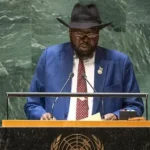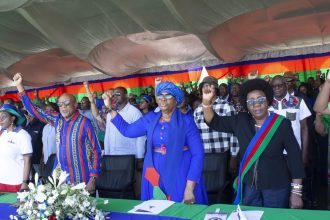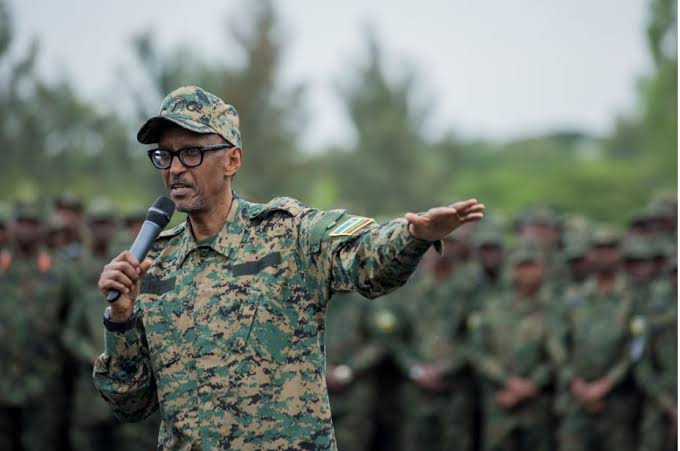President Museveni’s recent cabinet reshuffle stirred debate as he appointed Gen. Wilson Mbasu Mbadi, the Chief of Defence Forces, as the state minister in charge of Trade. This move isn’t unprecedented, as past administrations have seen serving military generals transition into cabinet roles. Notable examples include former Chief of Defence Forces General Edward Katumba and General David Muhoozi, both now serving as ministers. Despite these precedents, some Ugandans express concerns over the legality of such appointments, citing laws that ostensibly prohibit serving military officers from participating in partisan politics.
Critics argue that appointing serving military officers to cabinet positions raises constitutional questions. Section 99 of the UPDF Act of 2005 stipulates that military personnel seeking political office must first resign or retire from the armed forces. Additionally, Article 208(2) of the Constitution prohibits members of the armed forces from engaging in partisan politics, emphasizing the military’s nonpartisan role. This separation aims to ensure the military’s neutrality and ability to serve any government without bias. However, with serving generals assuming political roles, questions arise about the military’s involvement in partisan affairs and its implications for democratic governance.
UPDF spokesperson Brigadier General Felix Kulaigye counters these concerns, asserting that President Museveni’s appointments align with existing laws. He cites previous instances where serving Chiefs of Defence Forces were appointed as ministers, indicating a legal precedent. However, this assertion doesn’t fully alleviate concerns regarding the military’s entanglement in political affairs. Critics contend that such appointments blur the lines between civilian governance and military authority, potentially undermining democratic principles.
While the Constitution delineates between civilian and military spheres, President Museveni’s cross-appointment strategy challenges this distinction. The presence of military officers in cabinet positions reflects his vision for governance, albeit raising constitutional and ethical dilemmas. Despite legal debates, the president maintains public support for his decisions, urging Ugandans to uphold his mandate and manifesto. However, the inclusion of military personnel in political roles underscores ongoing tensions between democratic norms and executive prerogatives.
Meanwhile, in operational matters, Lt. Gen Kayanja Muhanga, Commander of Land Forces, recently commended the progress of Operation Shujaa in the Democratic Republic of Congo (DRC). During a meeting with Maj. General Dick Prit Olum, the overall Operation Commander, Lt. Gen Muhanga discussed strategic advancements in combating insurgent groups. Operation Shujaa, initiated in November 2021 against the Allied Democratic Forces (ADF), has made significant strides in neutralizing threats and securing civilian populations. Lt. Gen Muhanga’s visit underscores the collaborative efforts between military leaders and highlights ongoing operations to enhance regional security.




















